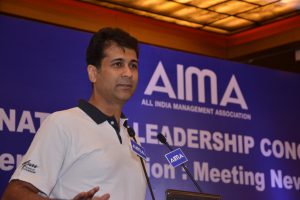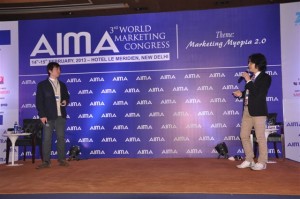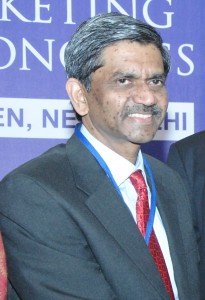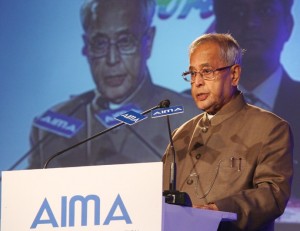Below is an excerpt from the speech of Mr. D Shivakumar, Chairman and CEO, PepsiCo India Holdings Pvt Ltd at AIMA’s 2nd National Leadership Conclave on the theme “Indestructible Brands: Building Brands to Survive Disruption”.
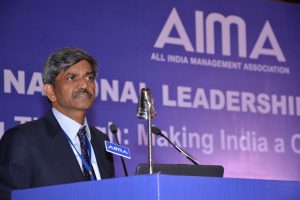
D Shivakumar addressing AIMA’s 2nd National Leadership Conclave
A digital society changes the way we live work, relate to brands and to each other. We become far more horizontal in the way we work, end of the chain. It’s not a vertical society anymore. India has for a long been a vertical society. Hierarchy somebody orders somebody to do it. And then we follow their order. That’s not true in a digital society. Almost every activity and transaction is horizontal and not vertical. That’s the first point I want to make. The second point I want to make is if you look at the top 10 populations of the world for the last 10 years, Facebook has 1.5 billion subscribers or users and 70% of them come back almost every day. WhatsApp has a billion people. Twitter has 600 million people. Instagram has 400 million people. Now we are conversing individual to individual, group to group, completely on the social network, completely digital. This is what we are seeing right now. Continue reading



